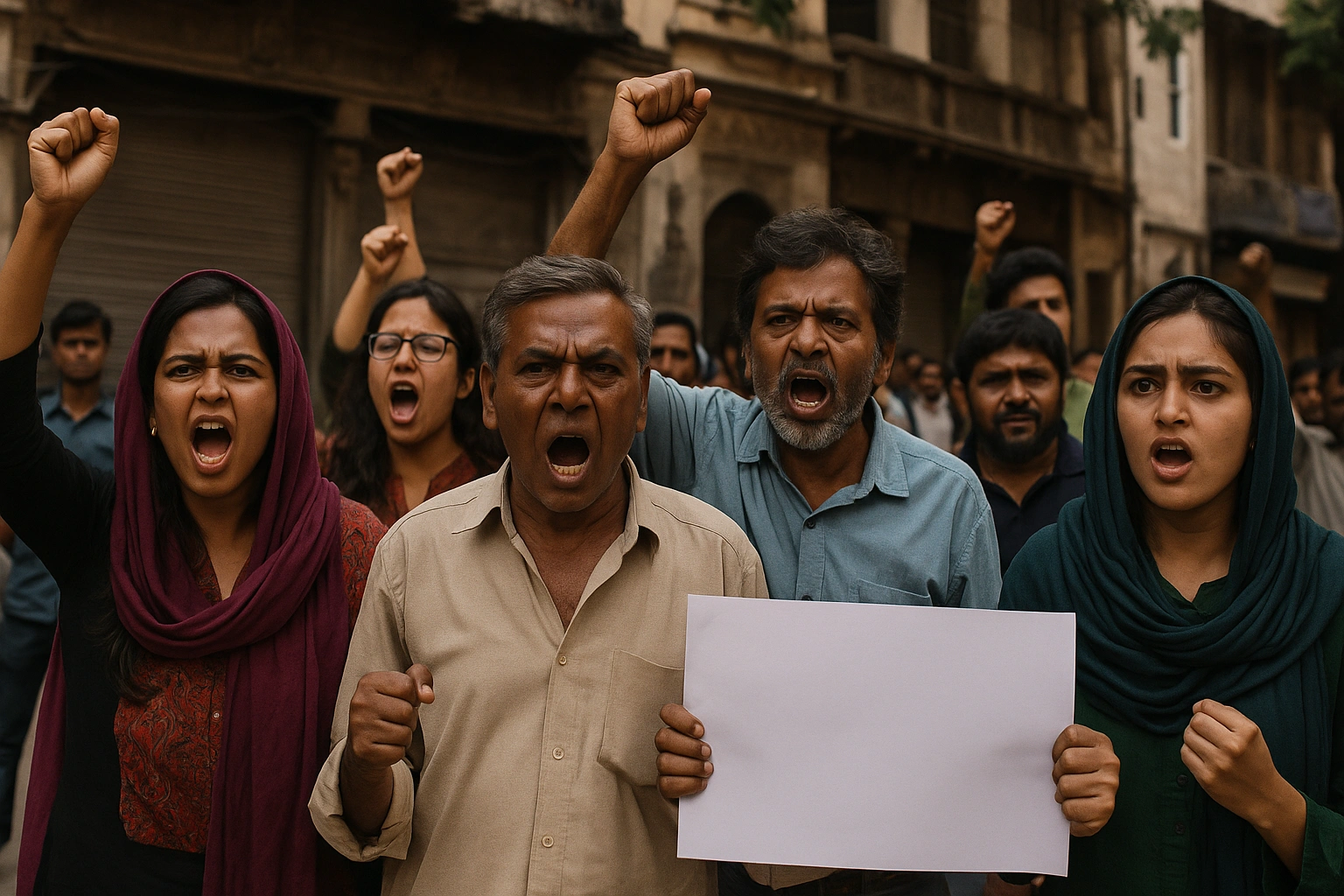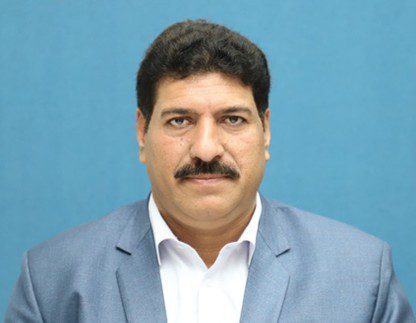The human dignity, freedom, and justice are founded on human rights. They were explicit in the Universal Declaration of Human Rights (UDHR) of 1948 and are meant to be transnational, trans ideological and transcultural. Such rights extant include civil, political, economic, social and cultural rights, such as the right to life and liberty, freedom of thought, expression and belief, education, health and work, among others. These ideals are universal and apply in all parts of the world, but their application differs vastly in different countries depending on governance mechanisms, wealth, and social-political realities.
Nations in the world are struggling to ensure that these rights are secured and at the same time consider the issue of national security, cultural values and the economic issues. There is suppression of weakness in the name of stability in authoritative regimes. Democracies have a problem of structural inequalities and discrimination. Even the most ardent watchdog agencies operating worldwide including the United Nations, Amnesty International and Human Rights Watch provide important check and balances, but their recommendations are usually desirable rather than enforceable. Besides, with the new crises that affect the world like climate change, war, migration, and socio-economic changes due to the pandemic, protection of human rights requires international renewed commitment and mechanisms of accountability.
India’s Complex Human Rights Landscape
India with its democratic structure and one of the largest in the world, being a signatory of many international human rights conventions, portrays a paradoxical scene. On the one hand, its constitution applies the basic rights like the freedom of speech, religion, and equality before the law. On the one side, there are constant reports of the violation, which demonstrate that these guarantees break down due to systematic flaws, institutional weaknesses, and indifference to politics.
The human rights equation becomes complex in India due to the diversity of people, which is in terms of culture, language, religion, and social and economic differences. The need to enforce individual freedom within such a complicated system demands more than the law, it demands a thoughtful attention and accountability culture. Regrettably, in the recent years there have been several events and tendencies seen which are rather discouraging.
Erosion of Freedoms
Civil liberties have been deteriorated, which has been one of the most alarming tendencies. There have been allegations made by critics and human rights organizations pointing to increasing intolerance of any dissent. Journalists, activists, and students are watched, arrested, or persecuted to express negative opinions. The application of law such as Unlawful Activities (Prevention) Act (UAPA) has been objected to as being frequently used to curtail protest, with the withholding of bail and the extension of detention without trial.
In 2021, Freedom House demoted India to Partly Free in their ranking because of media censorship, Internet blackouts, and the application of criminal sedition and defamation charges against dissenting speakers. Largely visible arrest of journalists and activists, some under draconian laws, is an indicator of a narrowing room to engage in free expression and erosion of the civil society.
Religious Minorities
India also has a secular constitution which consecrates equality to all religions, however, the religious minorities and especially Muslims and Christians complain of being increasingly marginalized and treated with hostility. Legislations that are allegedly supposed to be used to reduce religious conversion, cow protection, etc., have been misused and cause violence and social exclusion as well as false confinements. Communal tensions are aggravated by mob lynching’s, hate speeches by political leaders and discriminatory policies.
Such trends leave doubts about the readiness and the power of the state to defend the rights of the minorities. Although the government does not appropriate systematic prejudice, the picture painted by the affected communities and their experience says otherwise. An effective answer to the judiciary and civil society must be upped to place strong emphasis on secular values and reduce impunity.
Custodial Deaths and Police Brutality
The very common practice of custodial torture and deaths also acts as a frightening element. The Supreme Court of India and the National Human Rights Commission (NHRC) have guidelines regarding these issues, but law enforcers get away with disrespecting them. There is absence of outside accountability and oversight mechanisms which lead to a culture that rewards impunity in the form of torture, extrajudicial killings and power abuse.
The 2023 Human Rights Report of the U.S. State Department cited continued reports of police abuses, such as arbitrary arrest, excessive length of pre-trial detention and custodial deaths, in India. To alter this grim plight, policing and judicial procedures will need to be reformed, and training and oversight will have to be improved.
Gender Rights and Caste-Based Discrimination
Although India has developed legal advances towards making gender equality successful, women experience violence, discrimination at work and absence of justice. The notorious incidents of rape have triggered people with anger and change, but strong traditions of patriarchy norms and weak implementation of laws remain pessimistic in creating a positive impact. Also, those who are trans and non-binary experience issues with systemic exclusion, even though it has been recently legalized.
The discrimination of castes in violation of the law of the Indian Constitution is a social and economic reality of millions of them, particularly Dalits and Adivasis. They experience established inequality in the access to education, employment and justice. Violence on minorities occurs on castes that are mostly downplayed in official statistics showing the contrast between the constitutional goals and the fact on the ground.
India’s Role on the Global Human Rights Stage
India is getting increasingly involved in international relations and a strong supporter of South-South collaboration. Its performance back at home has however been questioned by international forces. Although India has categorized any foreign criticism as interference in its domestic policies, the norms of human rights are universally accepted norms and not just a domestic concern. Amnesty International and other organizations have been experiencing some barriers like having their bank accounts blocked and the executives harassed as operating in India and this is presenting a question on how open the country is to public investigation. These reactions compromise the democratic image of India in the global version. Not every issue that involves human rights violations in India is a matter of meeting international expectations but of keeping up the Indian Constitution promises. This must be through open governance, an independent judiciary, a free press and active civil society participation.








